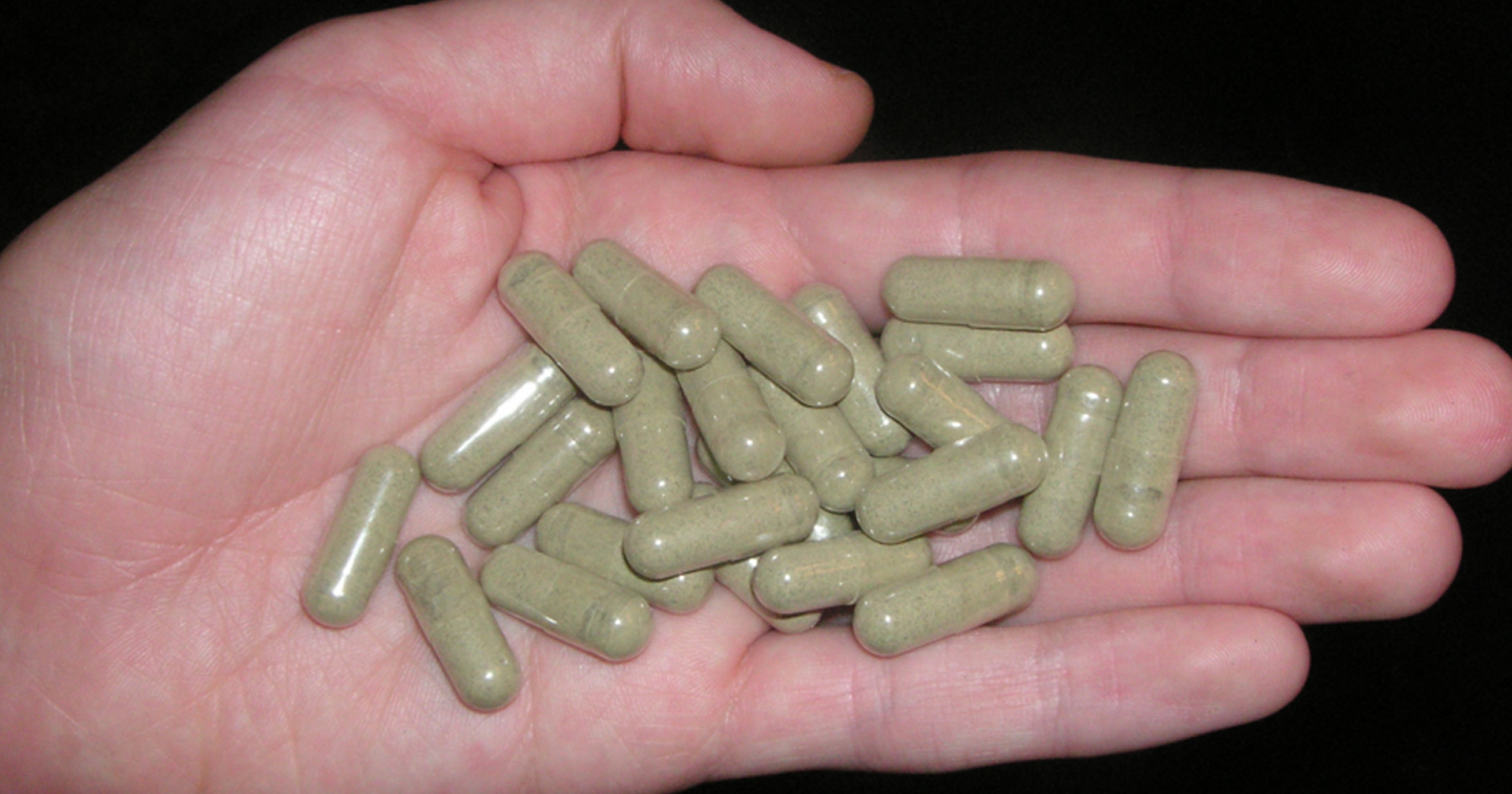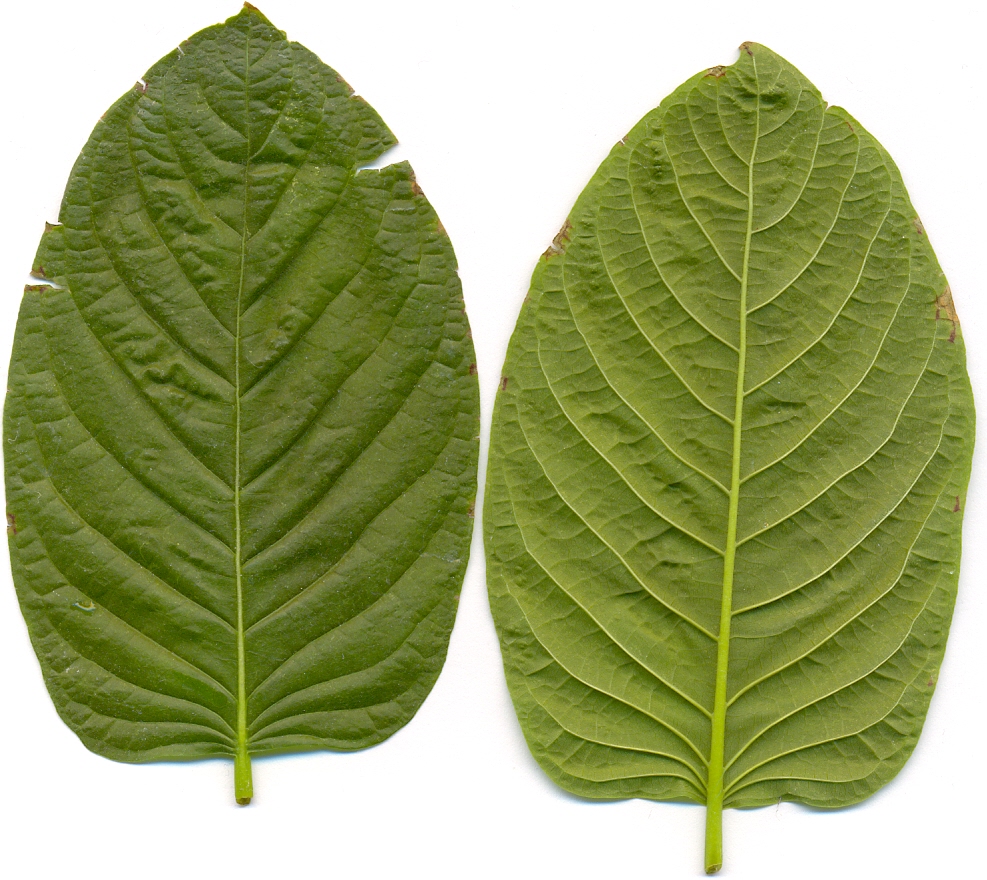The Problem With the DEA Ban on Kratom

By:
The Drug Enforcement Administration announced its intent to ban kratom on Tuesday — and drug reform advocates are concerned that the decision will ultimately hurt people suffering from opioid addiction.
 Wikimedia - wikimedia.org
Wikimedia - wikimedia.org
Kratom produces an opioid-like effect, but it doesn't appear to carry the same risk of overdose or addiction as drugs such as heroin or prescription painkillers. The ingredients are derived from a southeast Asian plant, and it's commonly taken in capsule form or steeped in tea. Some opioid addicts have found relief in kratom, crediting it for easing withdrawal symptoms and helping them stay clean.
Nevertheless, the DEA is classifying kratom as a Schedule 1 drug, the most restrictive category, under federal law.
In a press release, the agency said the decision was made "in order to avoid an imminent hazard to public safety." It cited a number of health concerns associated with Kratom, identified by the Centers for Disease Control and Prevention, and added that "DEA is aware of 15 kratom-related deaths between 2014 and 2016." (In contrast, 78 Americans die from opioid overdoses each day.)
Drug reform advocates say the DEA is jumping the gun on kratom.
By banning the drug outright, it is effectively restricting research on the plant's potential medical value and criminalizing a substance that has helped some kick more serious addictions, Grant Smith, Deputy Director of National Affairs with the Drug Policy Alliance, told ATTN:.
 Wikimedia - wikimedia.org
Wikimedia - wikimedia.org
"I think we need to take a step back and look at the therapeutic potential that kratom has with respect to it possibly serving as a replacement for more potent opioid medication as well as a way to manage pain," Smith said. "There's a lot of potential with kratom, but a lot of that potential could be snuffed out if this emergency scheduling goes through."
Over the past decade, several studies have confirmed that ingredients in kratom are effective at treating chronic pain, curbing opioid addiction, and mitigating withdrawal symptoms — including this 2008 study published in the journal Addiction and this 2012 study published in The Journal of the American Osteopathic Association. In the last two months alone, "published research has pointed to why kratom might be a useful and safer alternative to prescription opioids," Forbes reported.
"It's time to give decision making authority [on drug scheduling] to an agency that's grounded in science and health," Smith said. "The DEA has proven time and again that they rally could care less about the science. They care about the politics and they care about preserving as much control as they can in this area."
